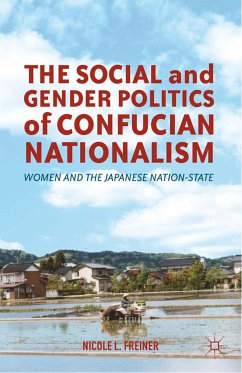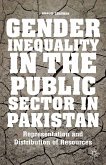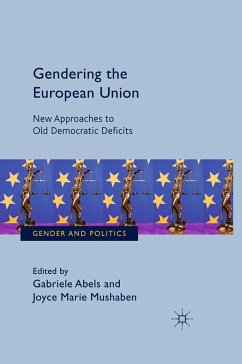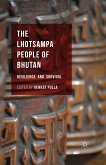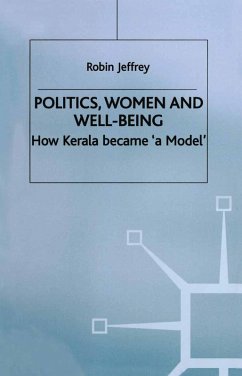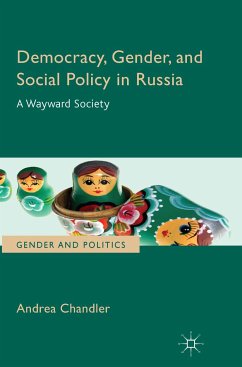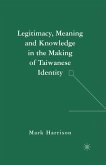Dieser Download kann aus rechtlichen Gründen nur mit Rechnungsadresse in A, B, BG, CY, CZ, D, DK, EW, E, FIN, F, GR, HR, H, IRL, I, LT, L, LR, M, NL, PL, P, R, S, SLO, SK ausgeliefert werden.
Sue Ellen Charlton, emeritus professor of Political Science, Colorado State University
"In this very timely volume Nicole L. Freiner shows clearly how a family-centered Confucian orientation in Japan challenges many common assumptions made in political thinking, especially those assumptions that link the participation of women in politics to critiques of gender roles and that see democracy as requiring liberal values of individualism. The book is important reading for all thoughtful people concerned with the meaning of freedom, equality, democracy and the role of the family and the nation-state in the twenty-first century."
Henry Rosemont, Jr., visiting professor of Religious Studies, Brown University
"In this well-researched and interesting account, Nicole L. Freiner reflects on the role of nationalism in Japanese society. This is an important contribution to political science literature, and it is clear that this is a subject the author cares deeply about." David Mathews, president, Kettering Foundation

